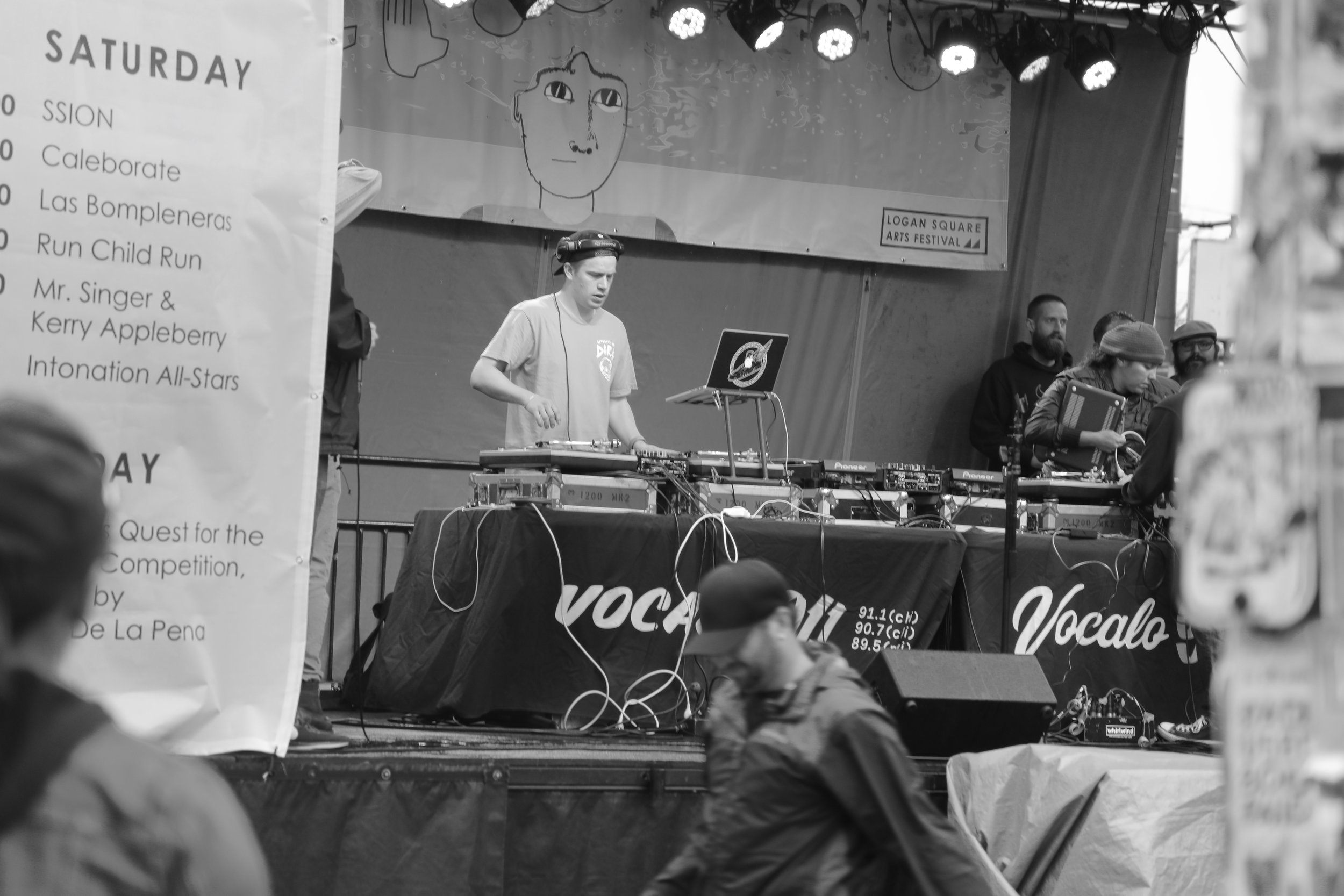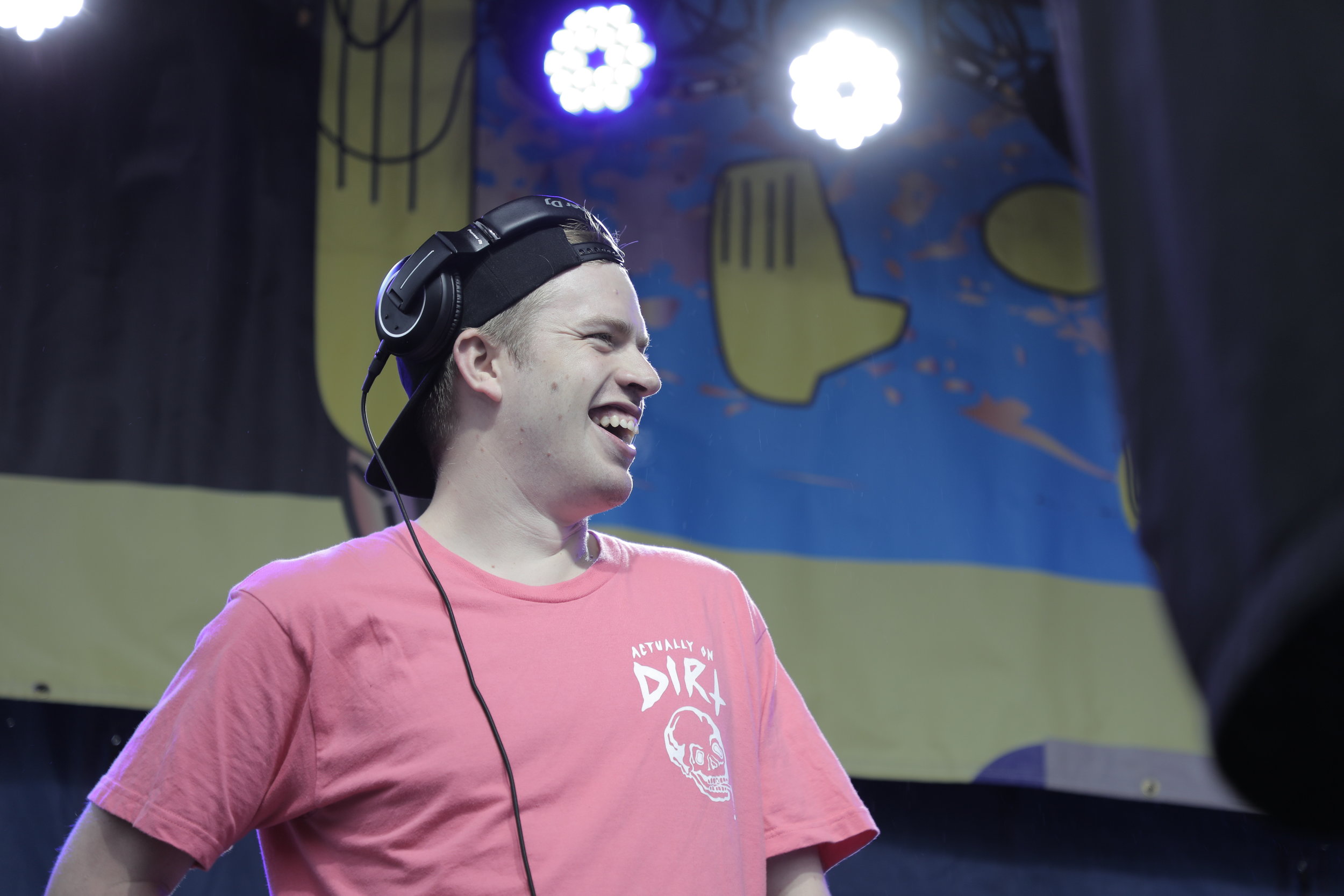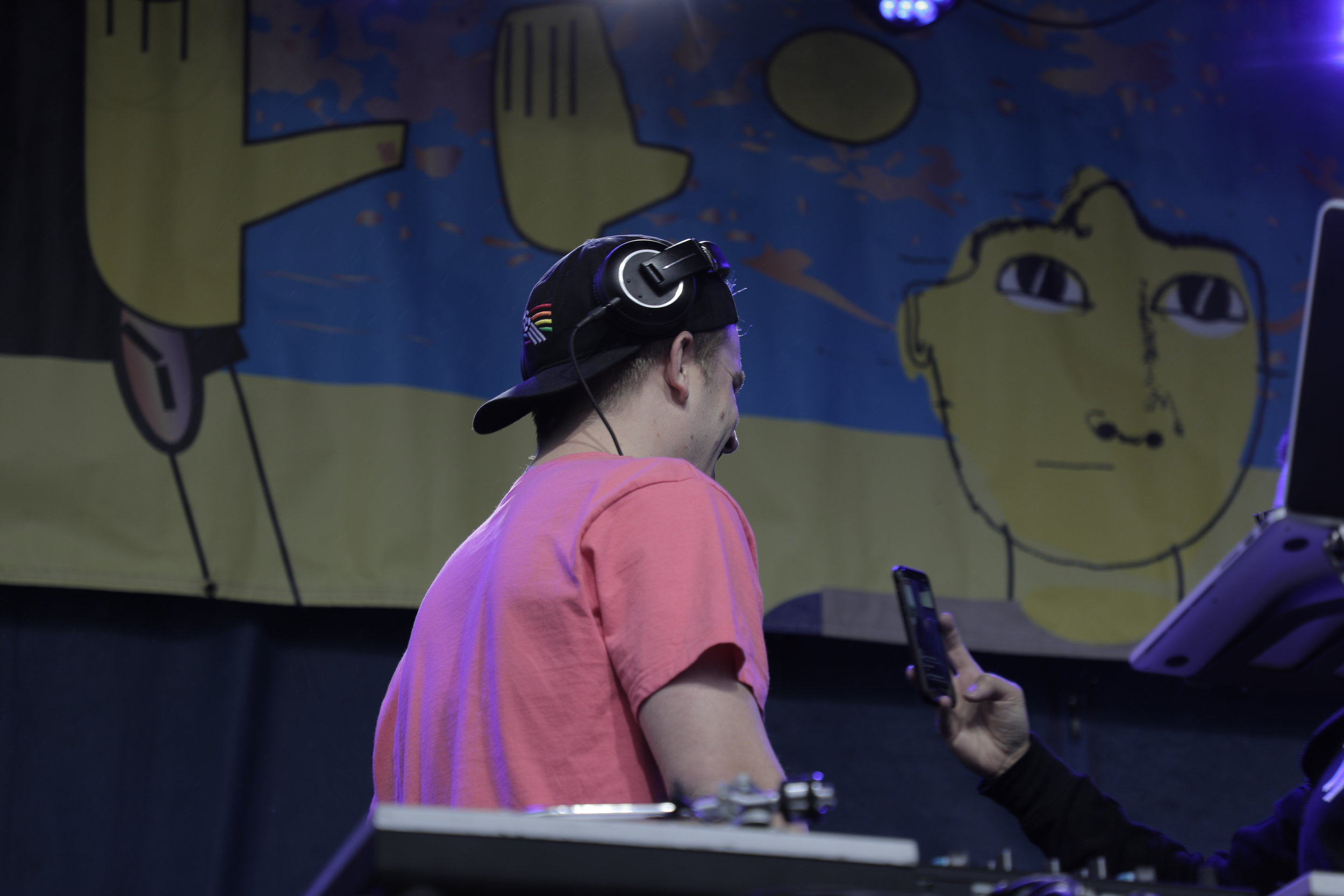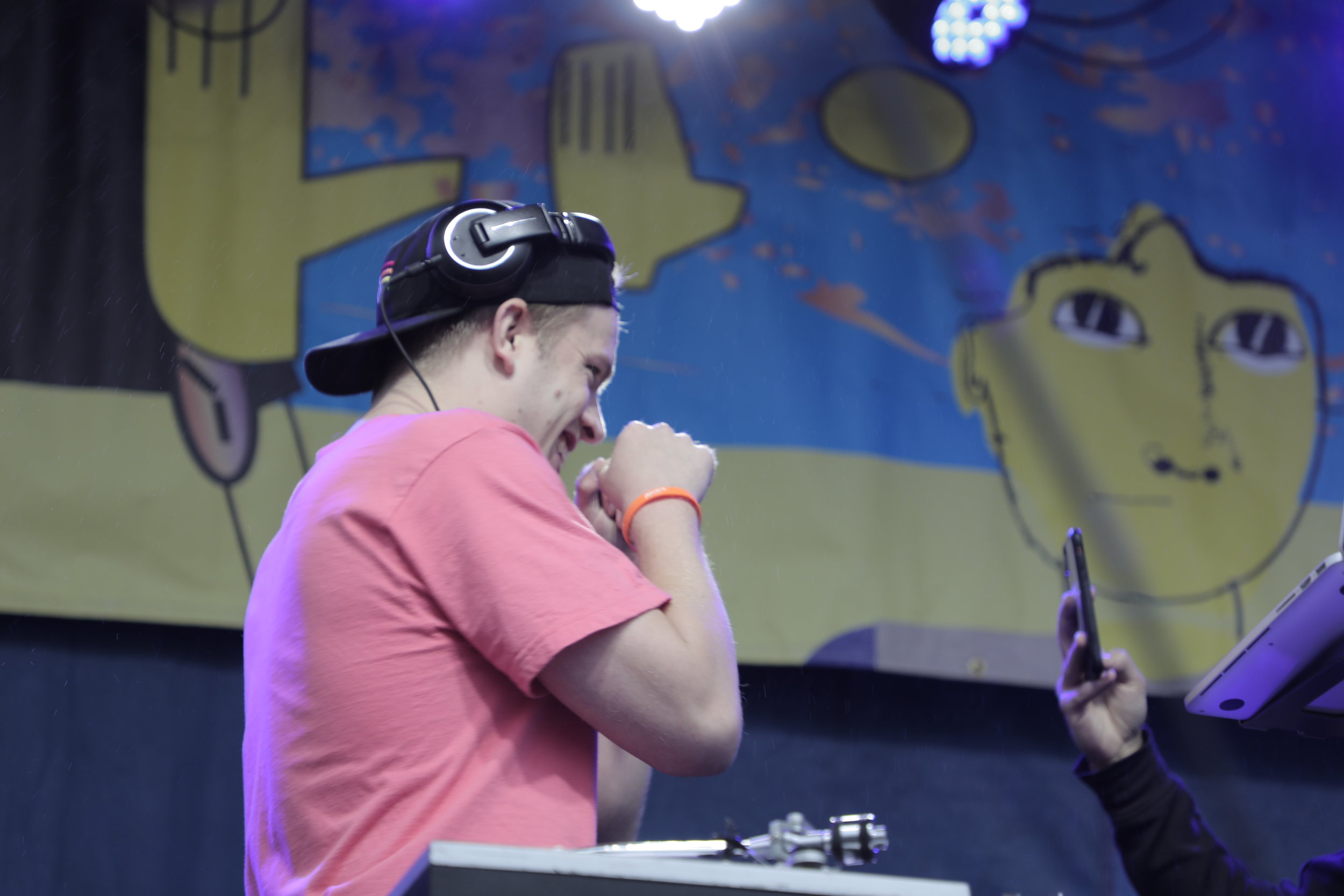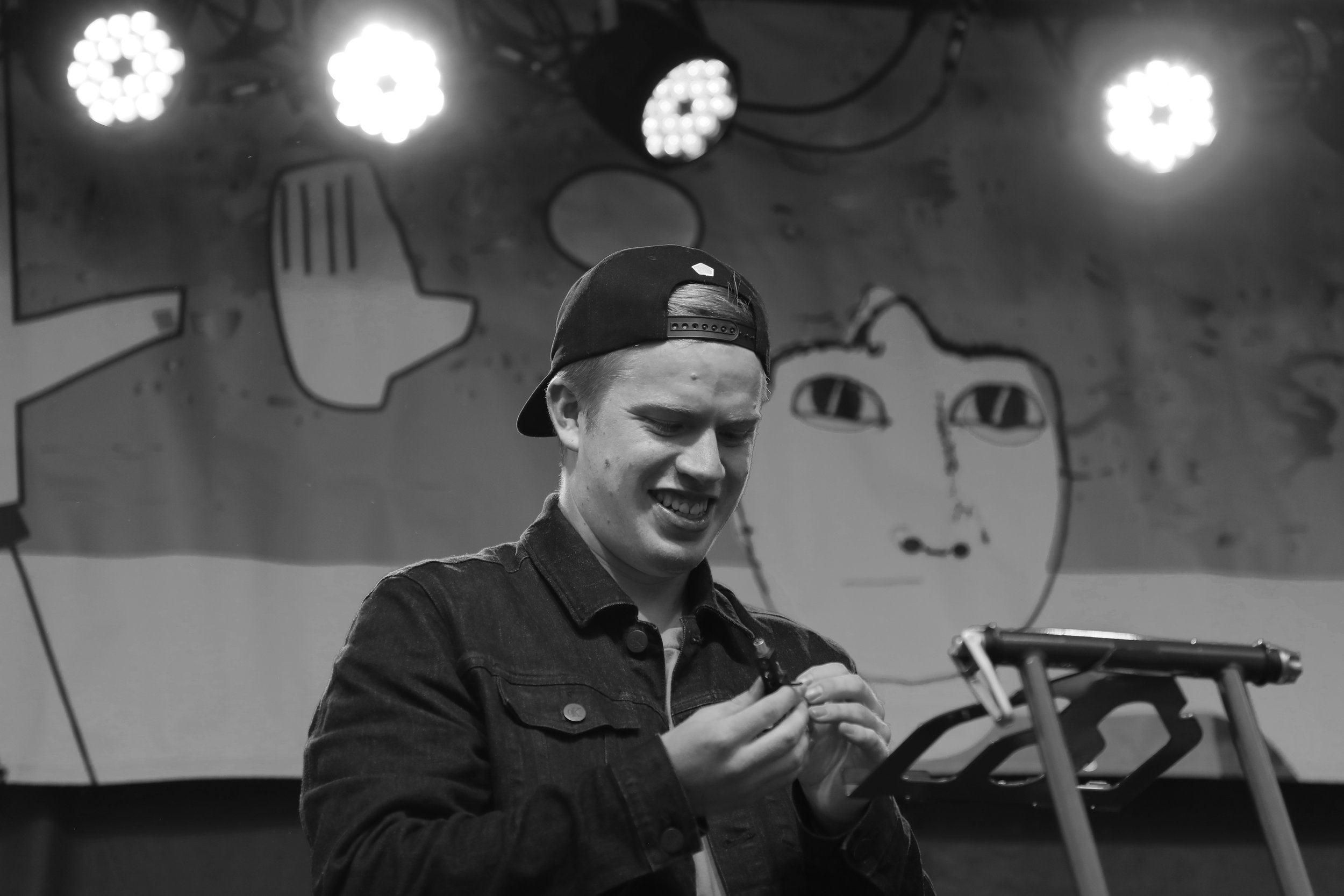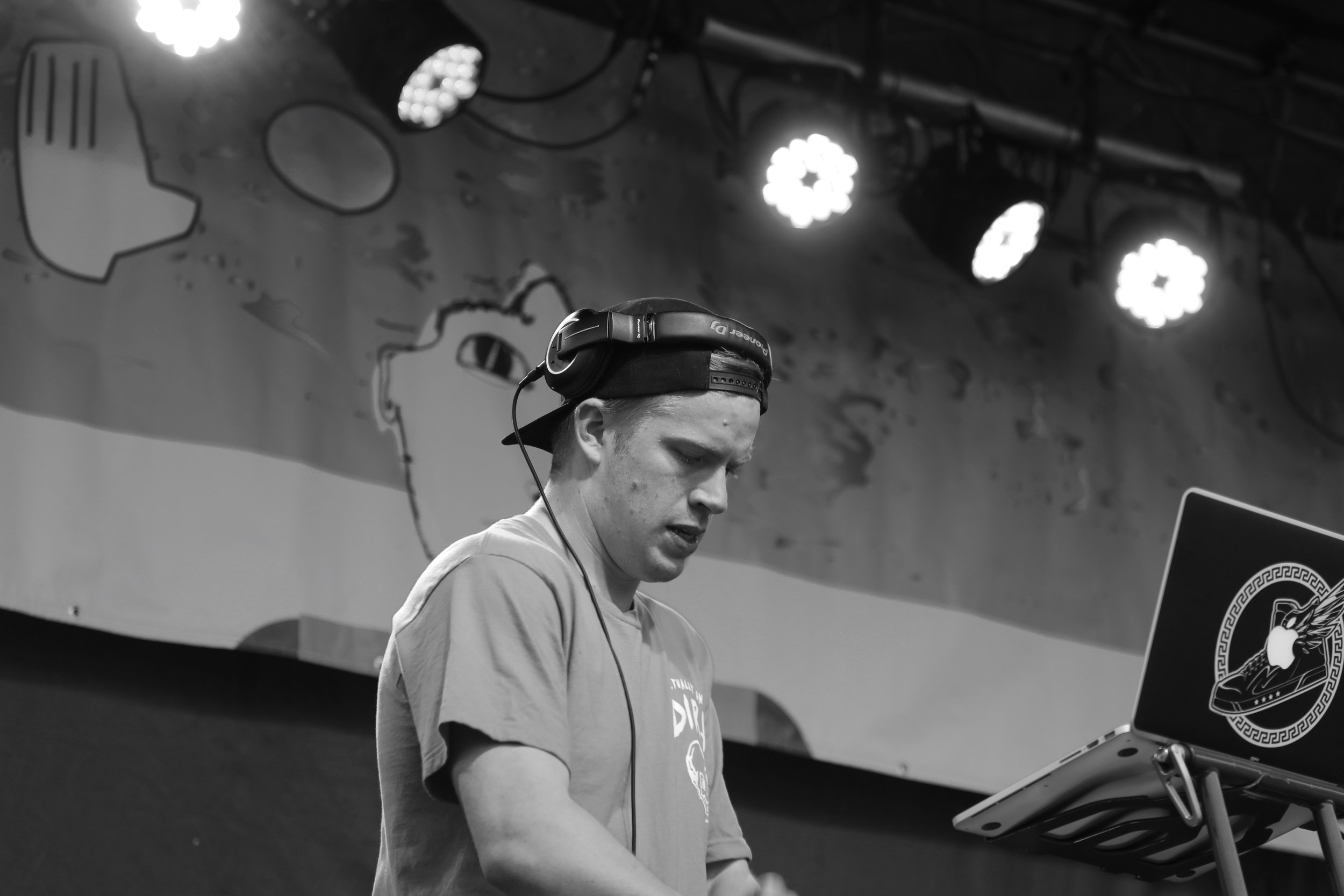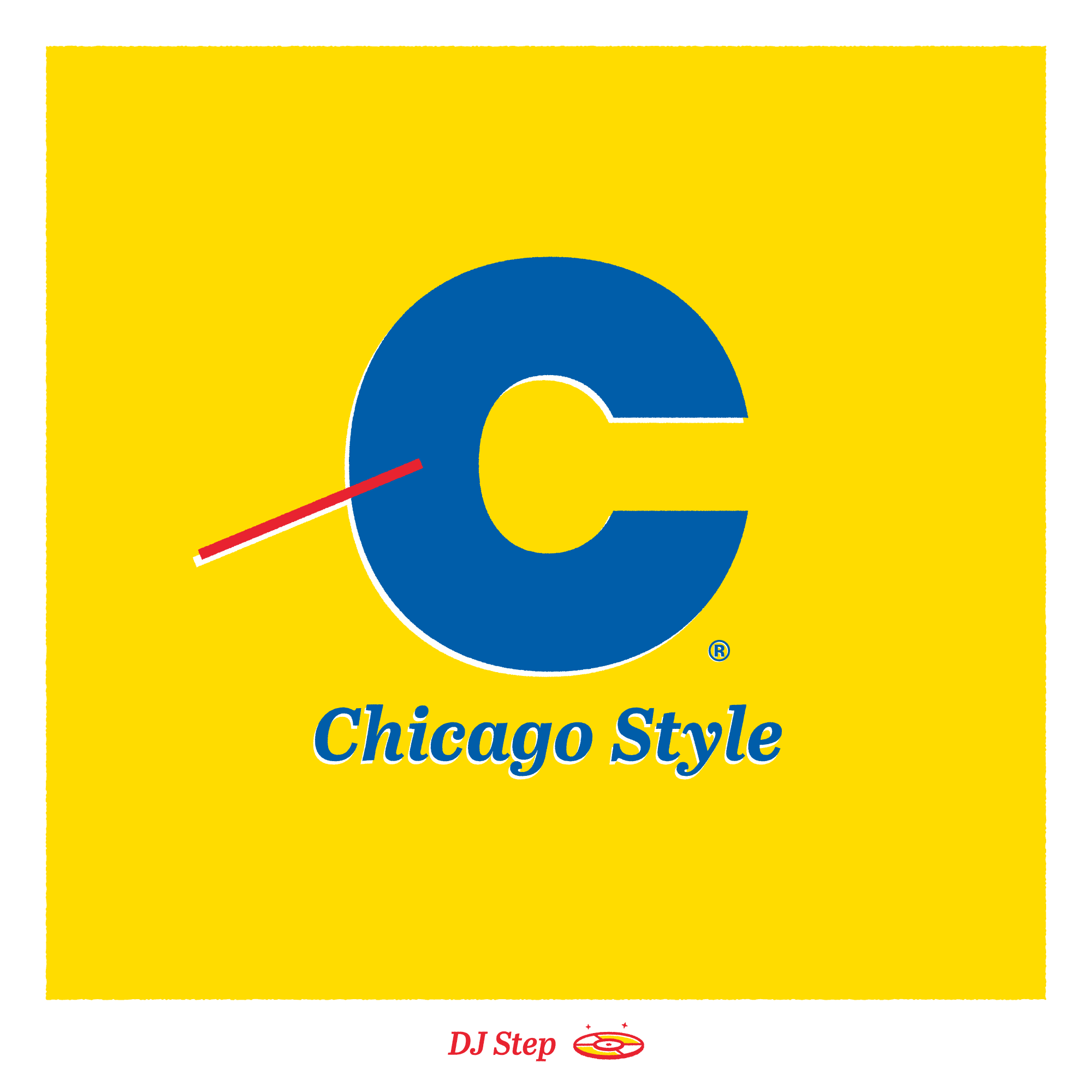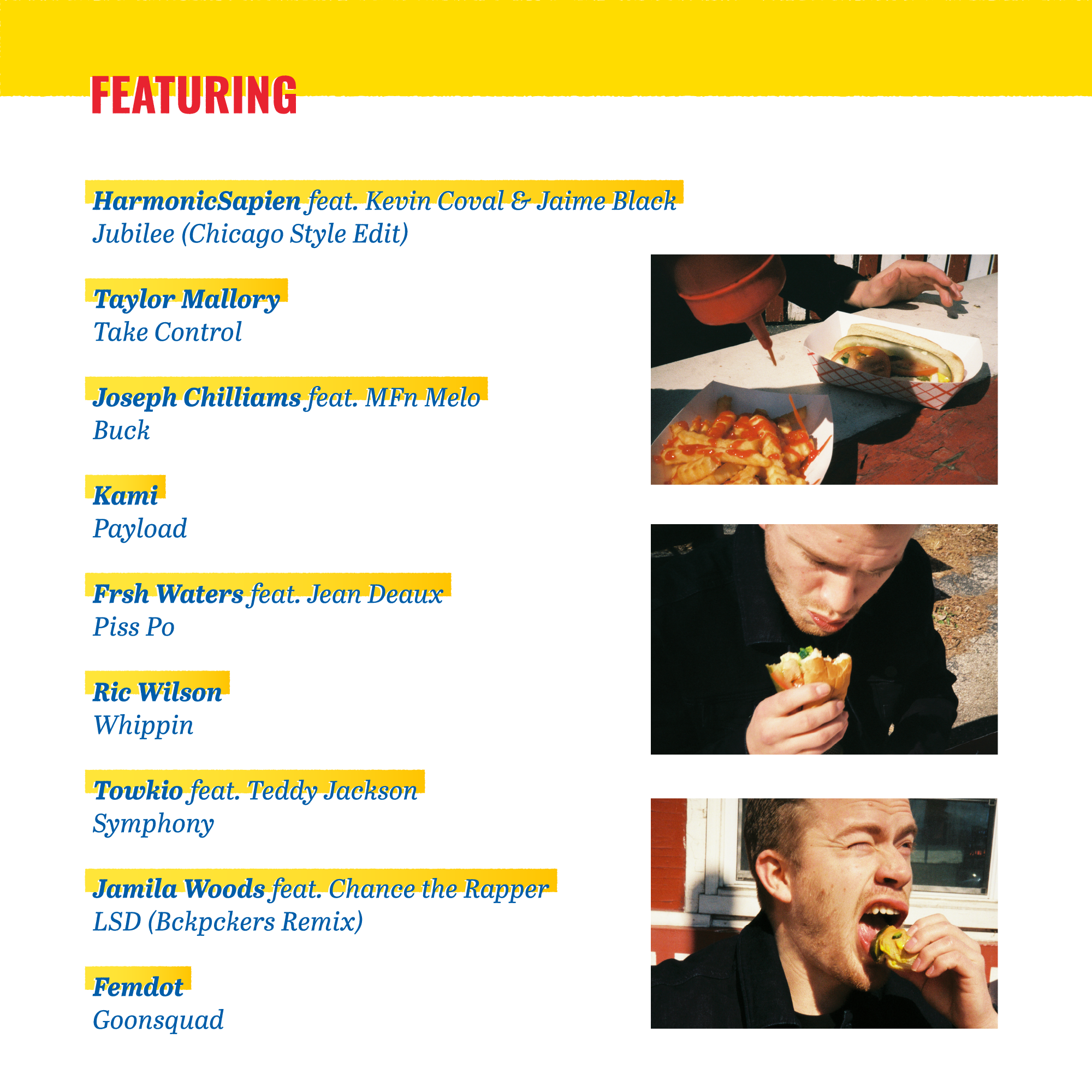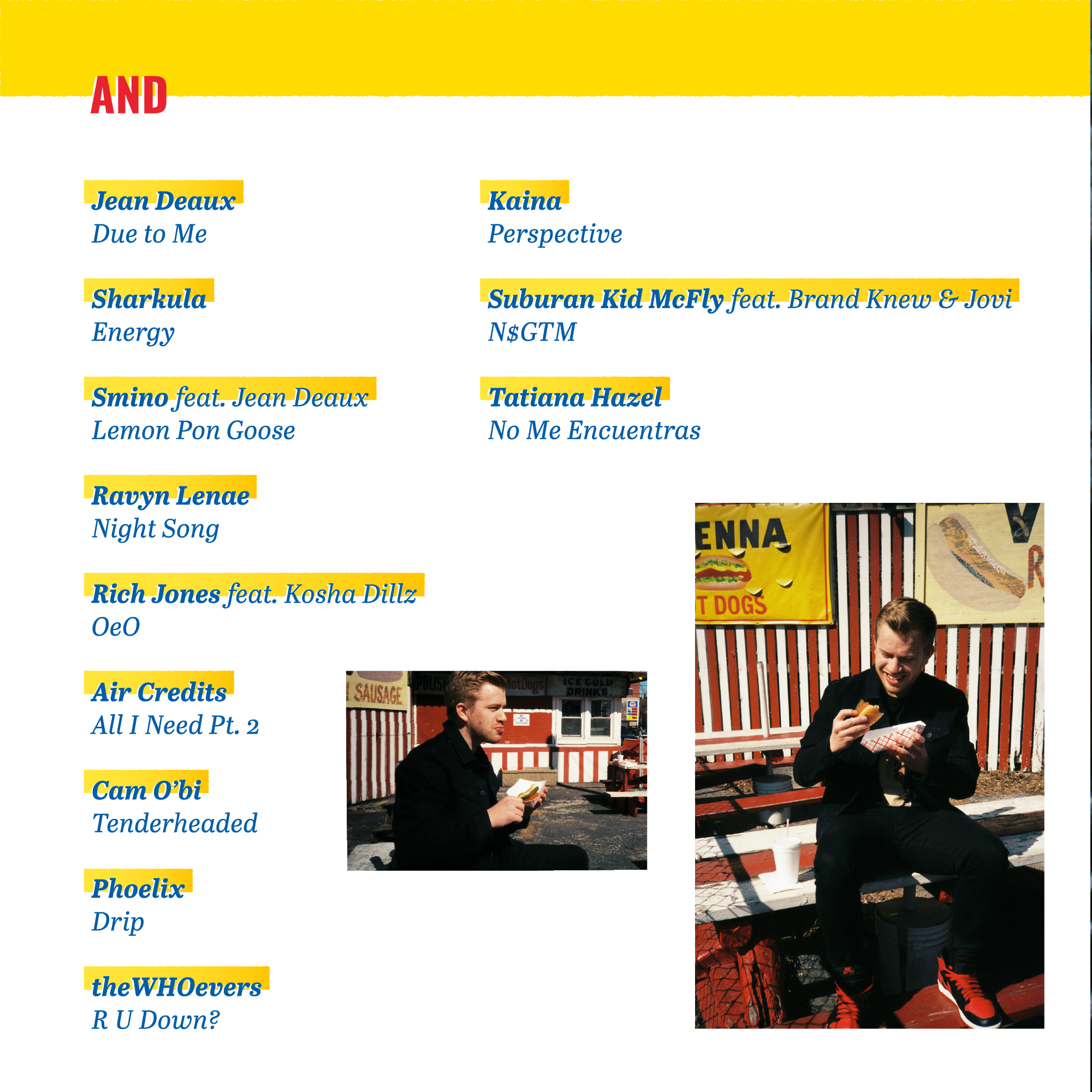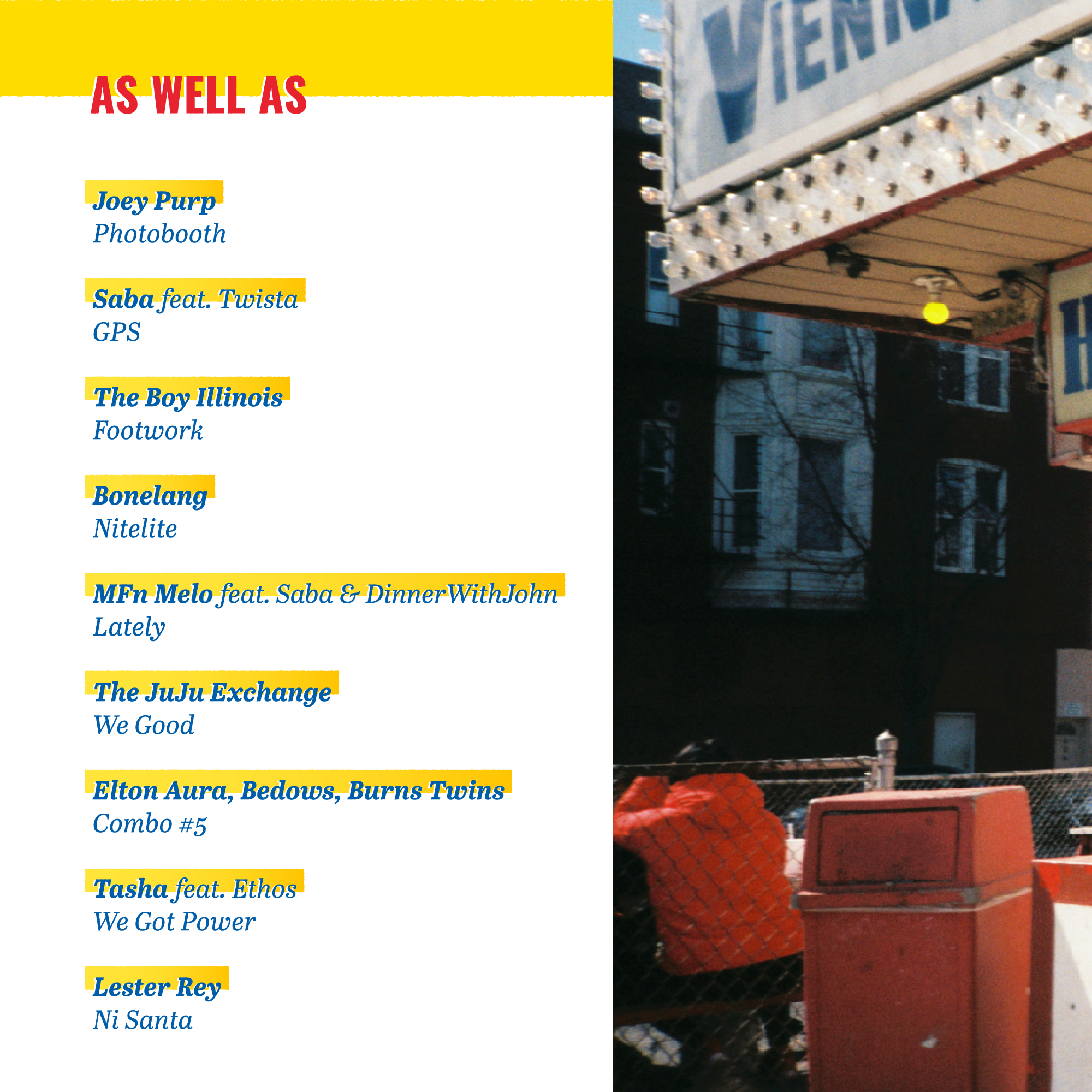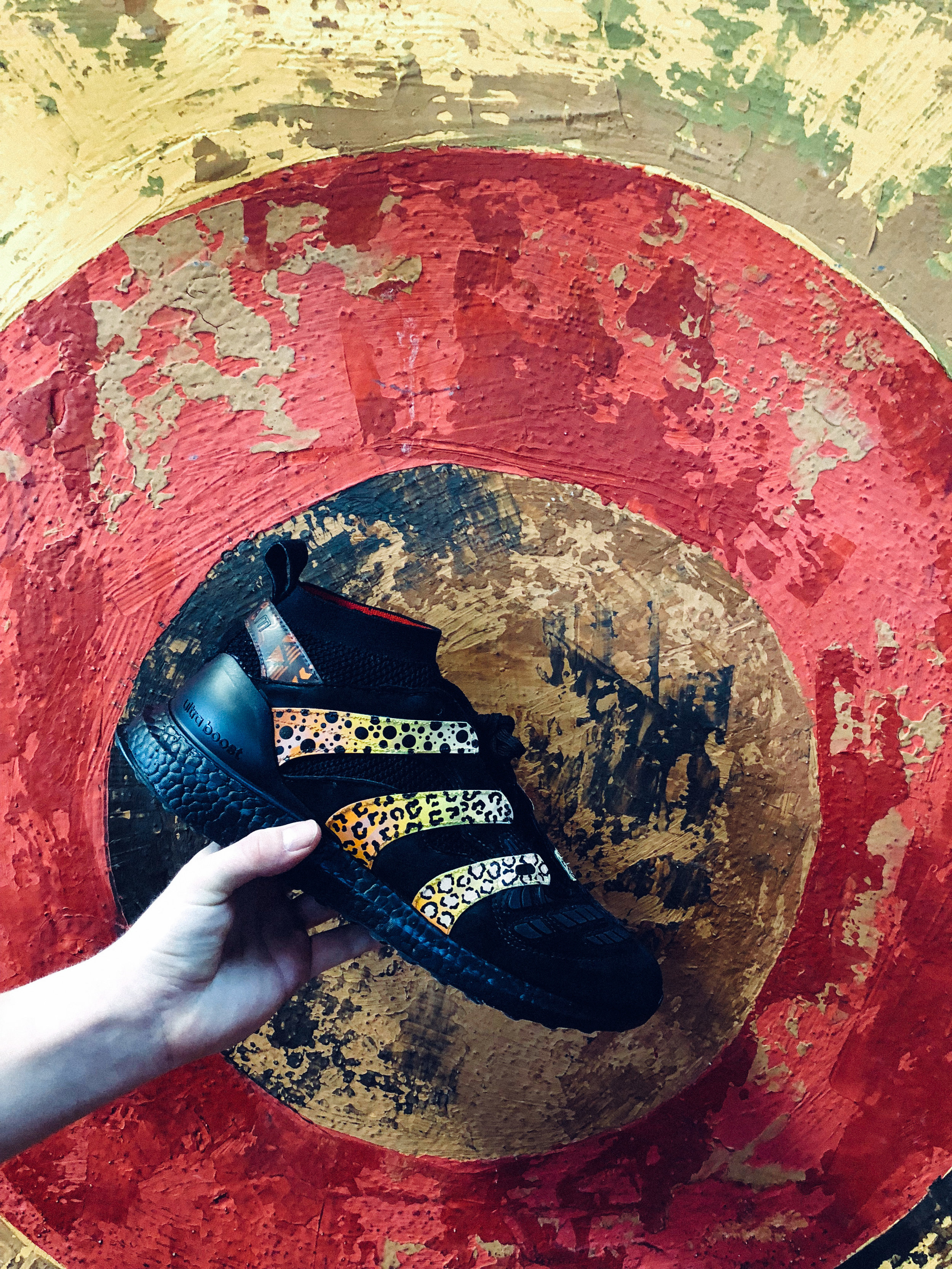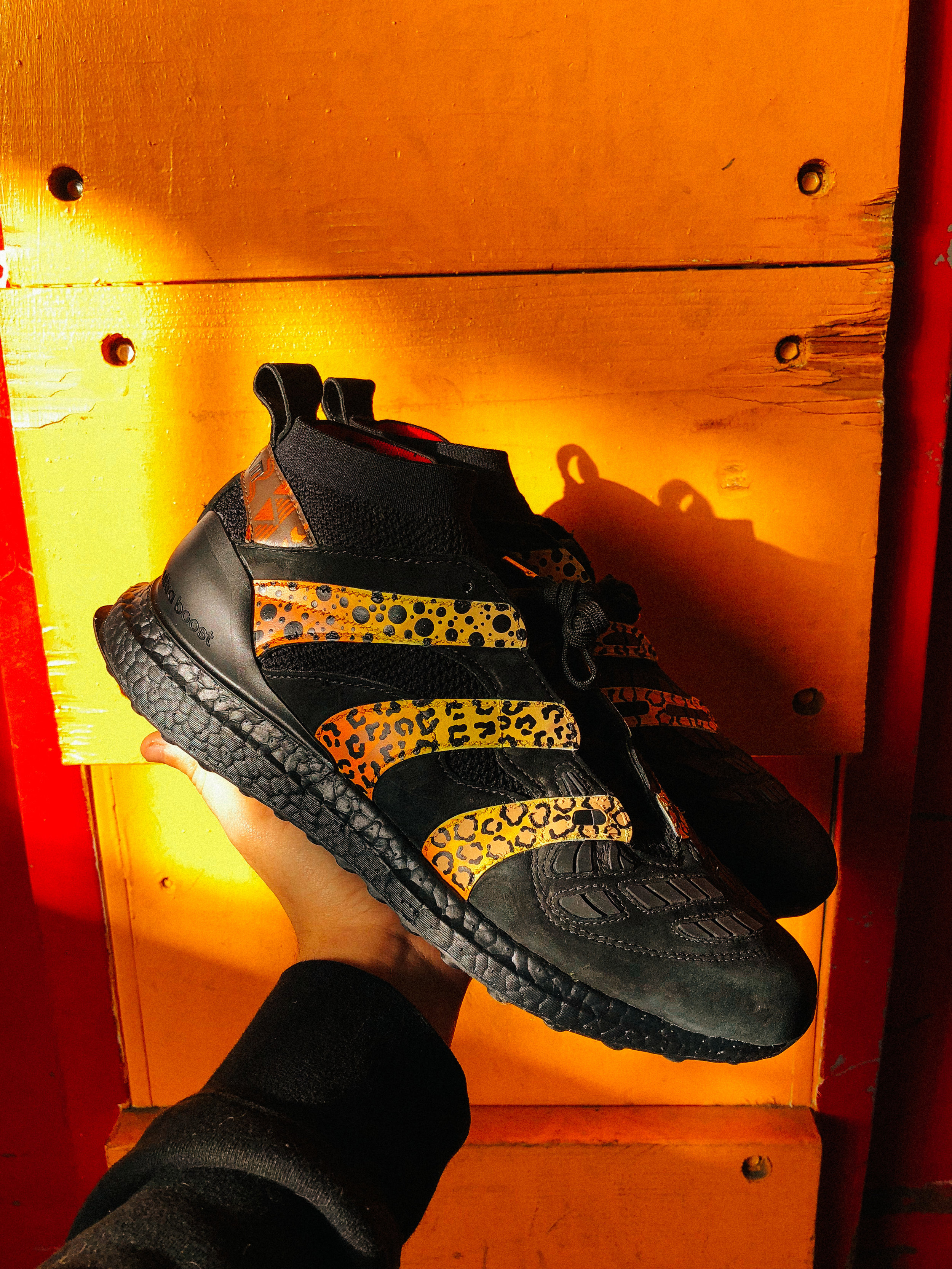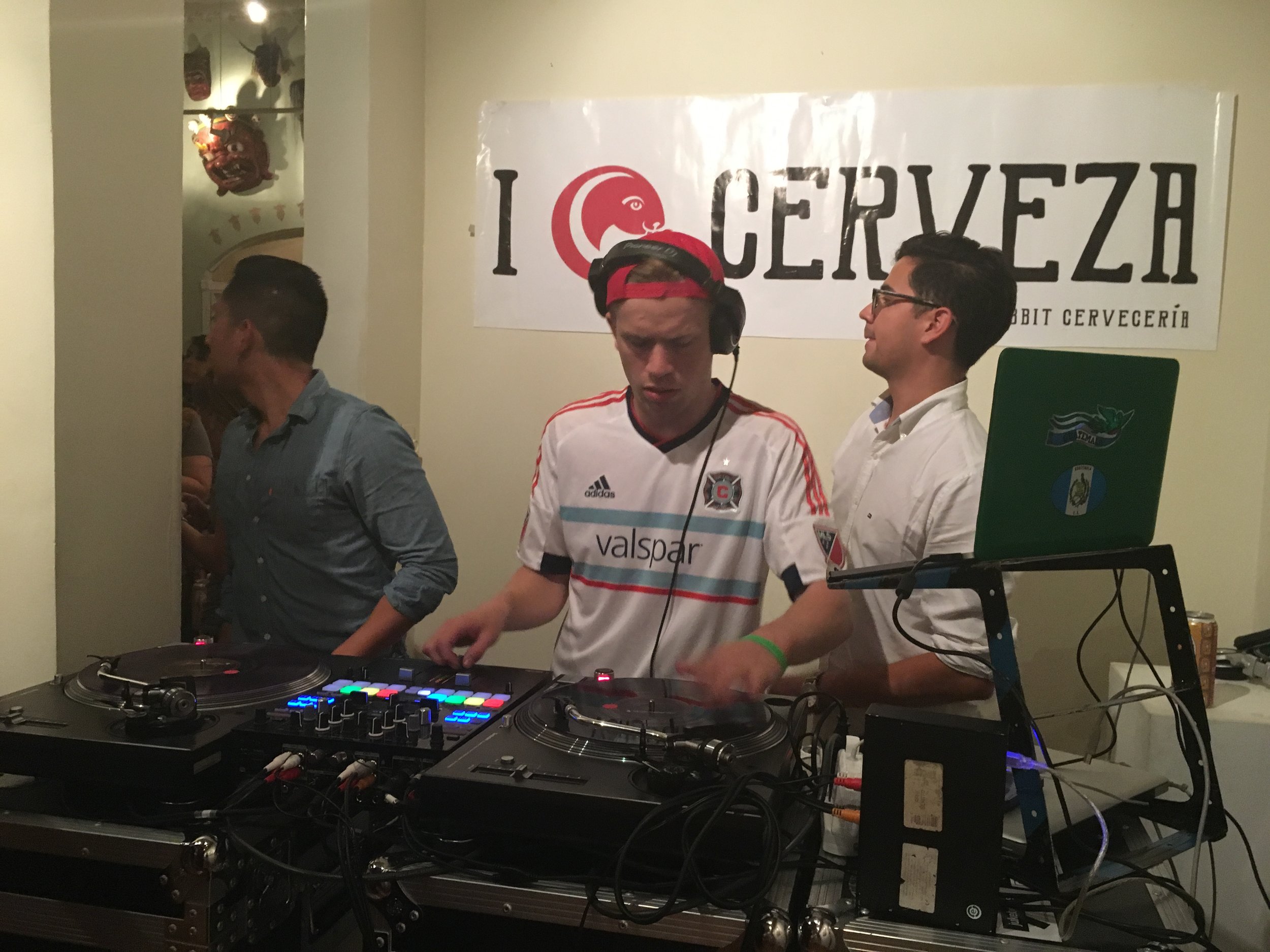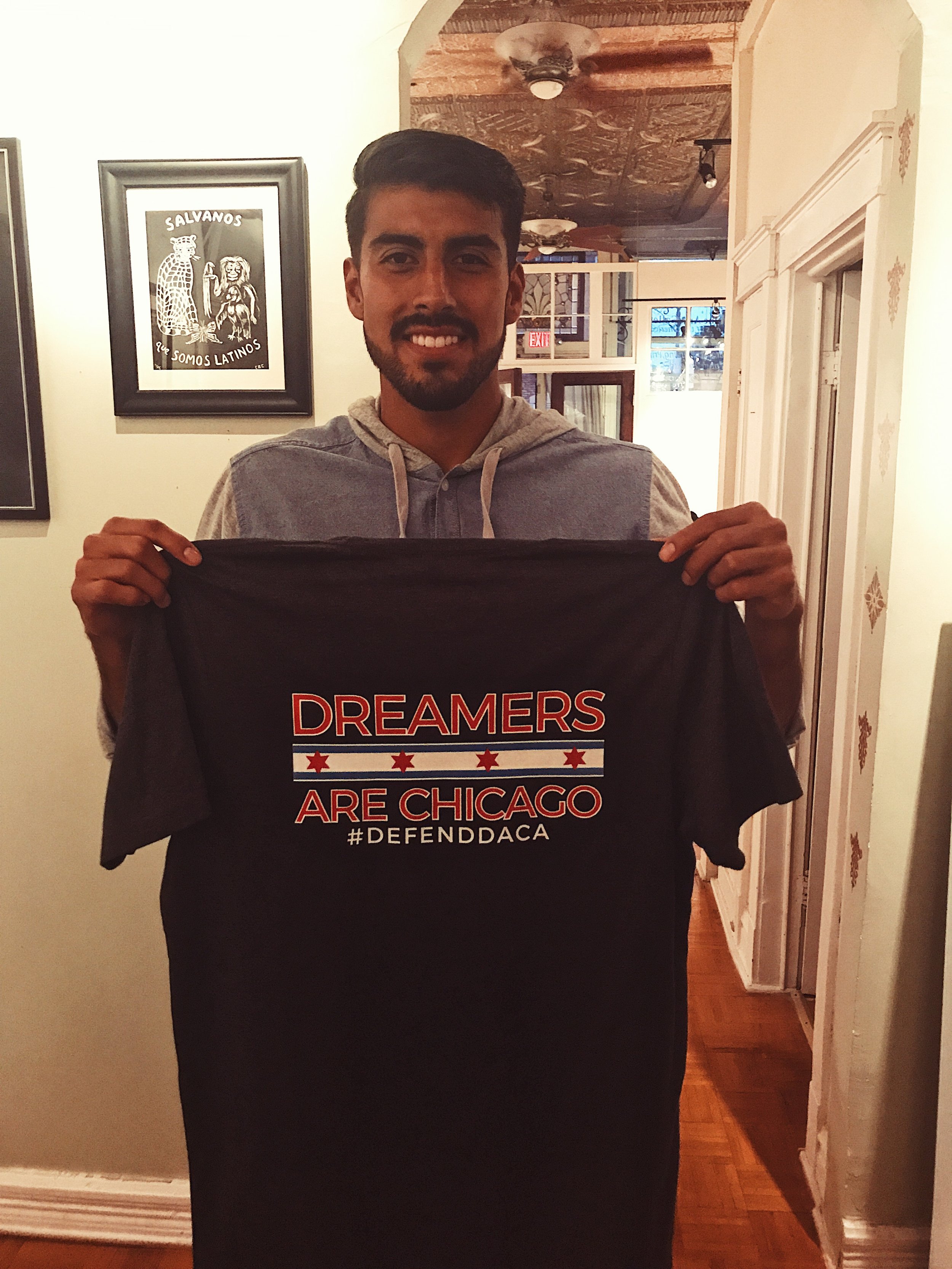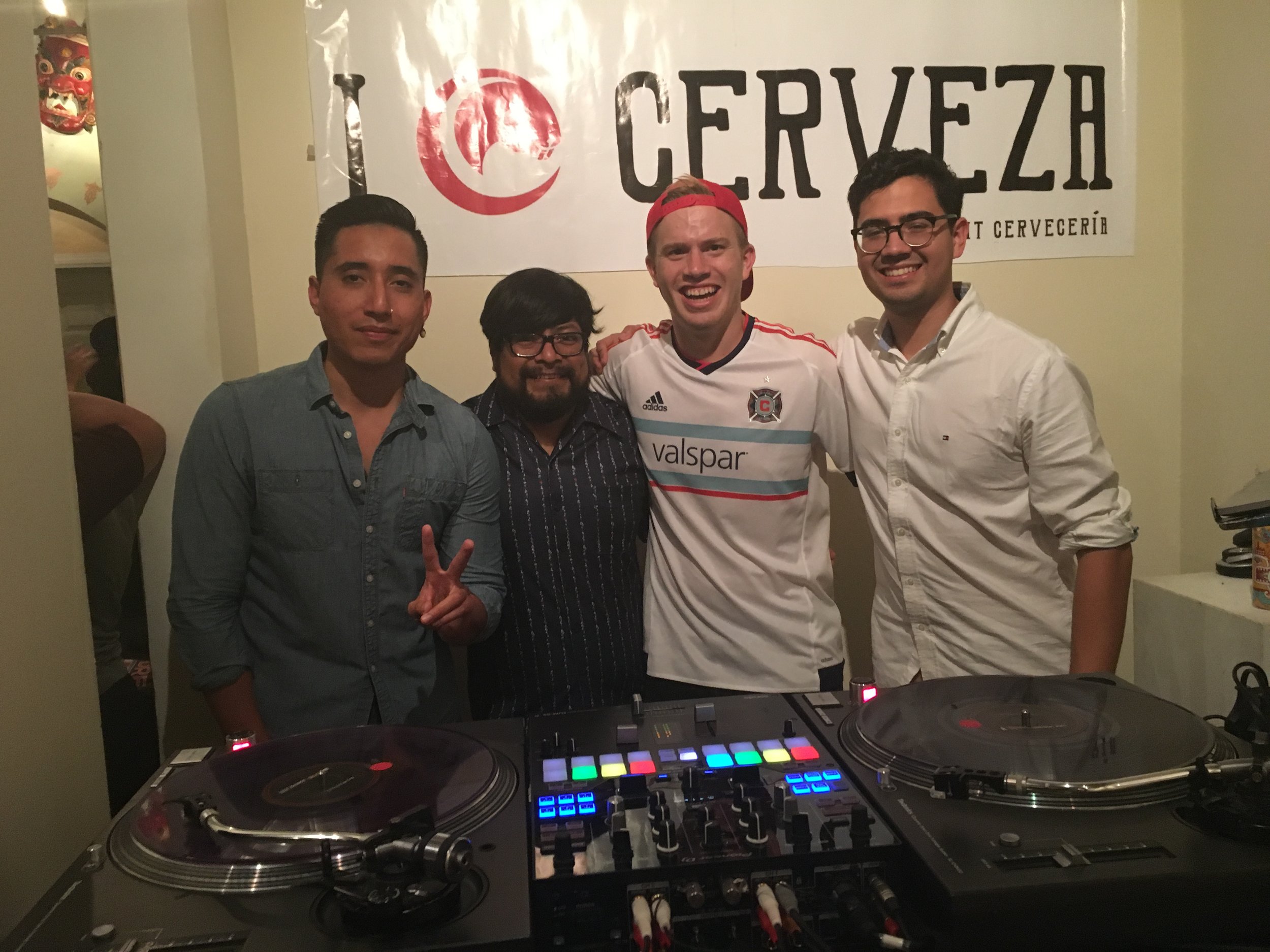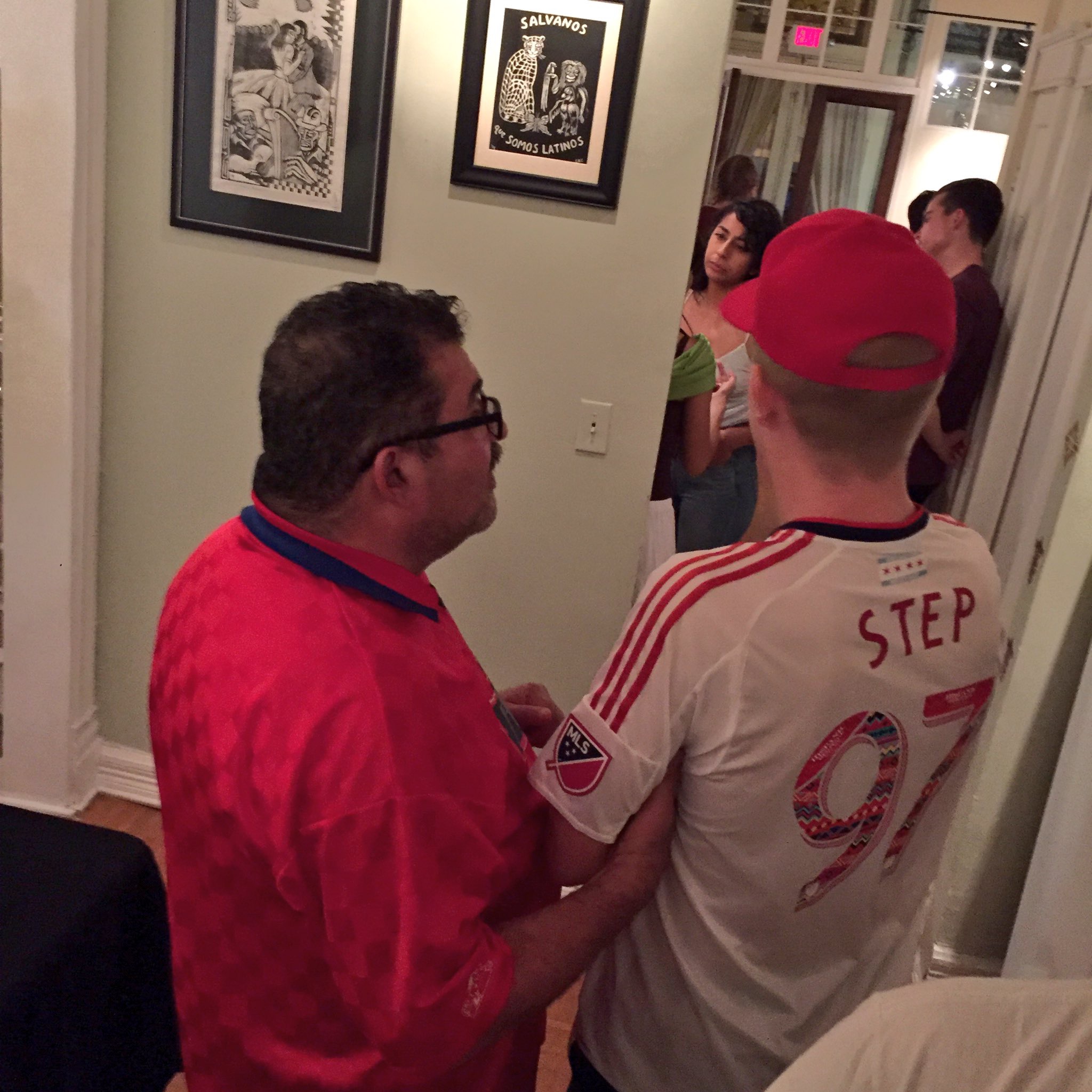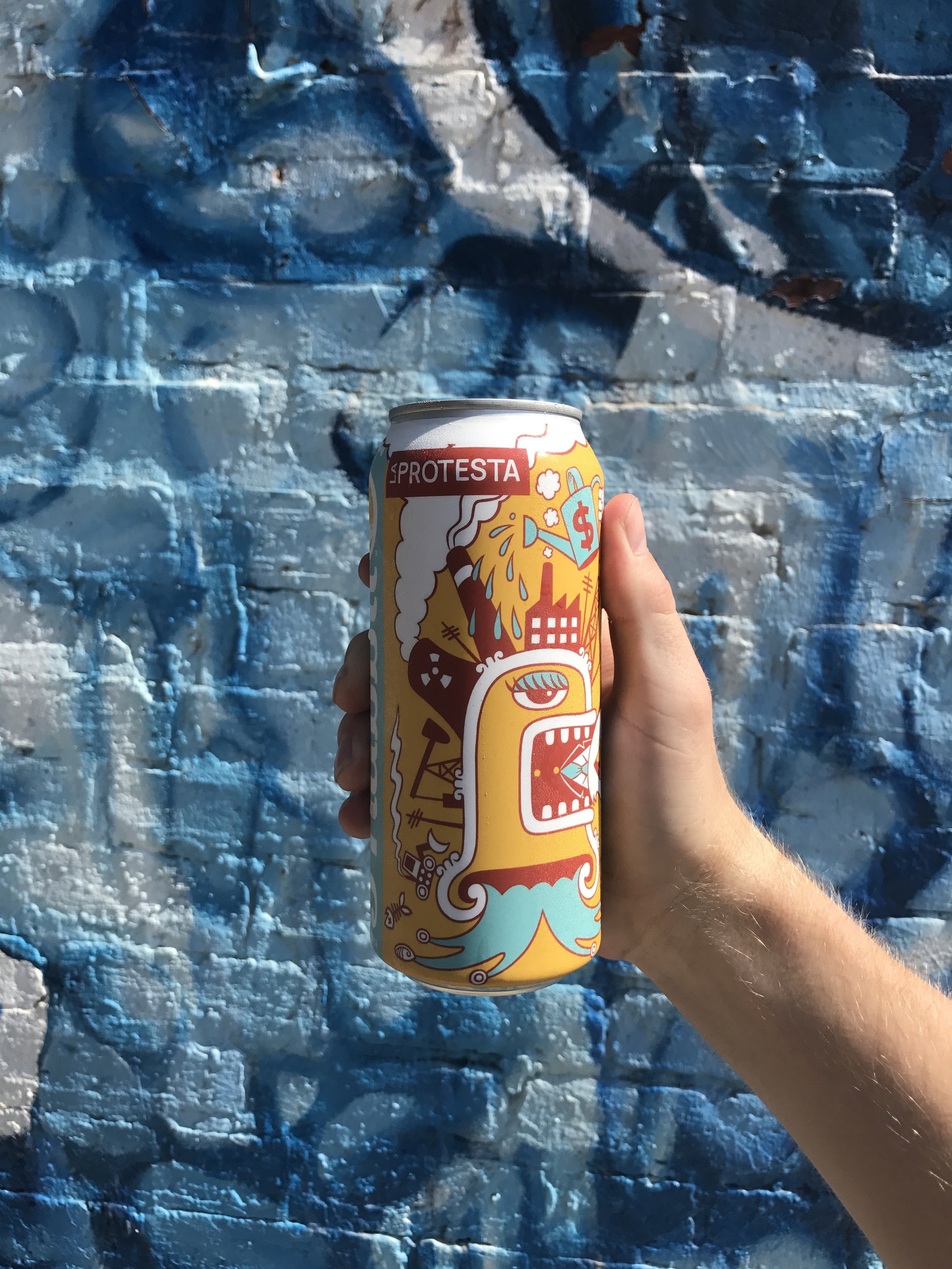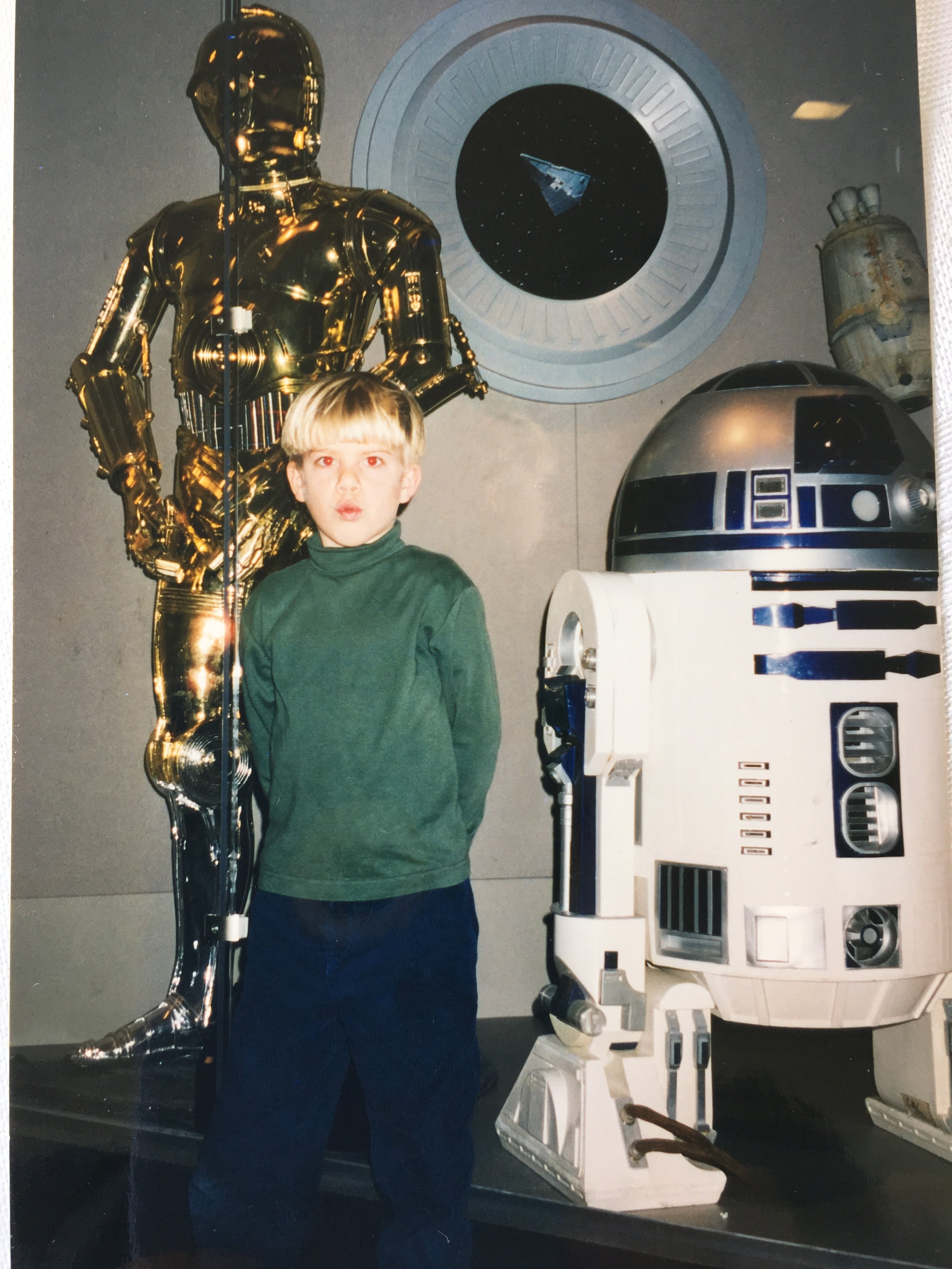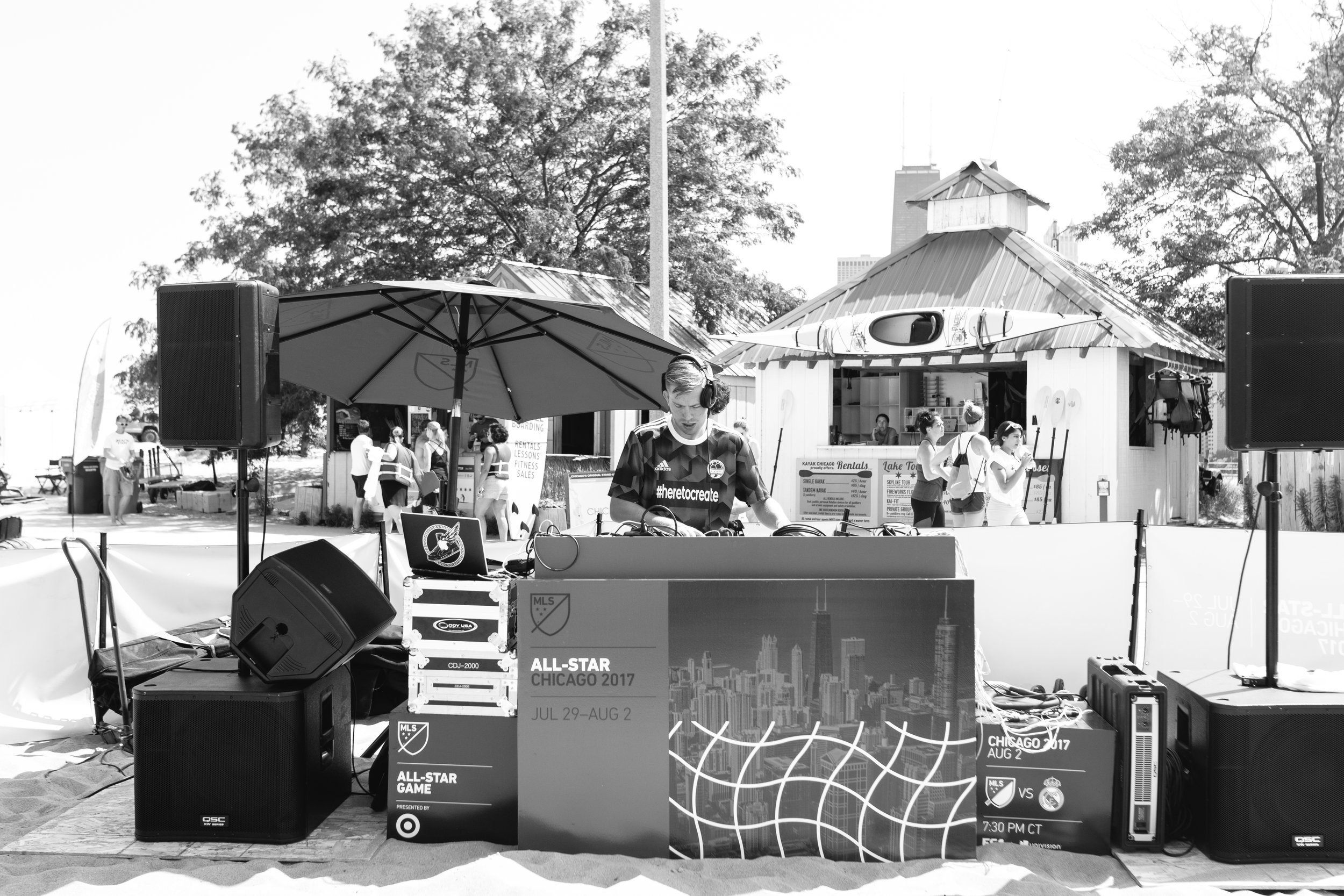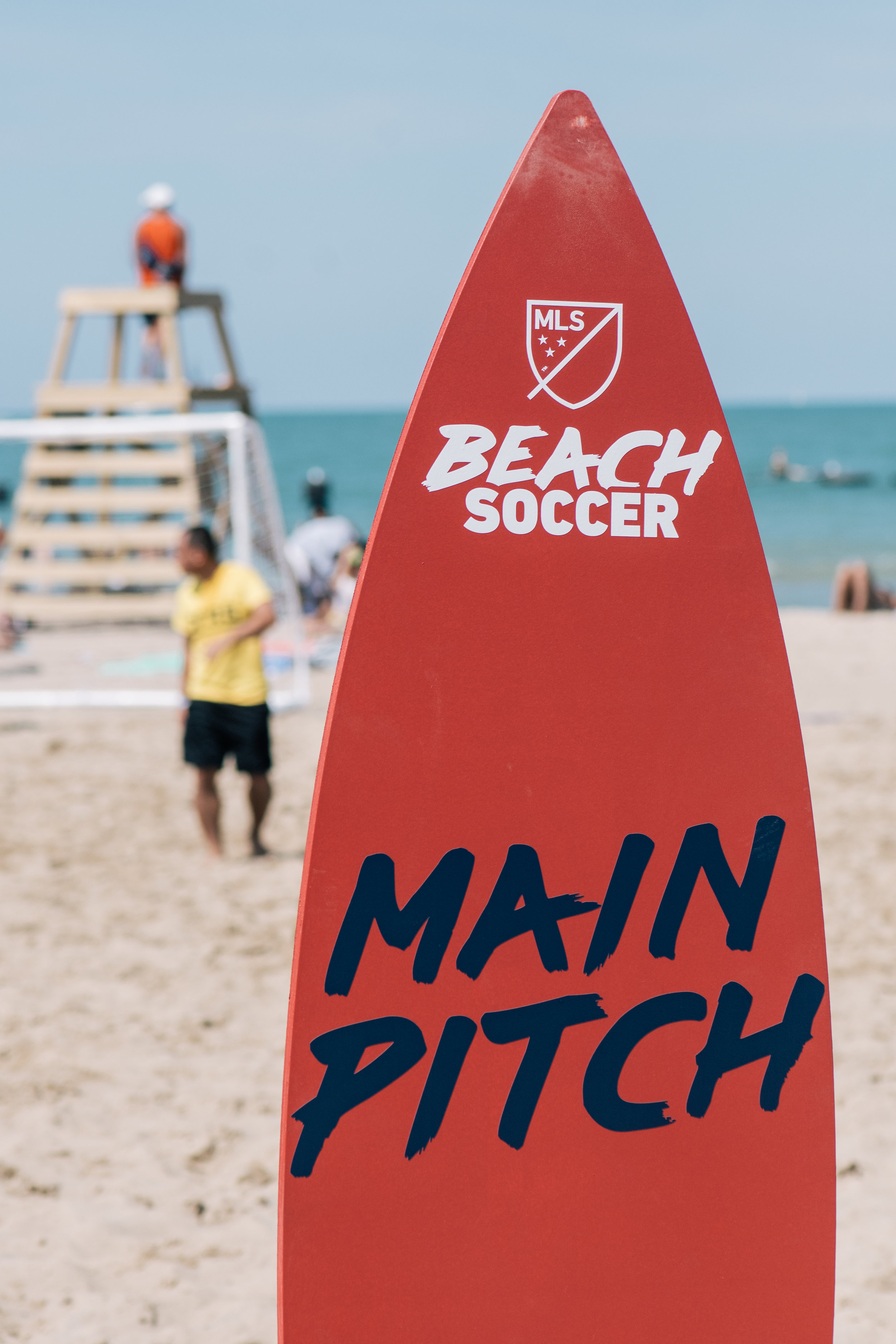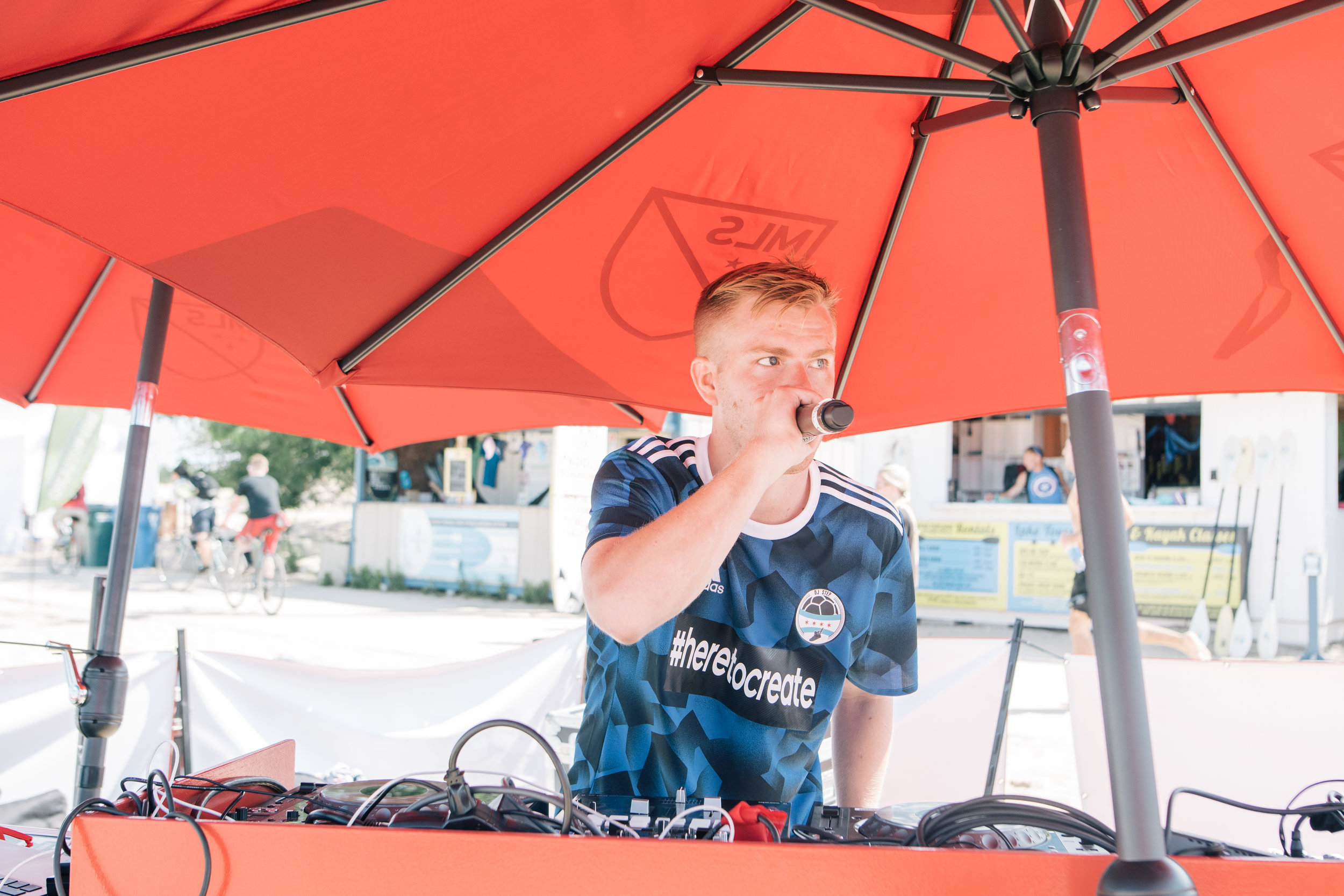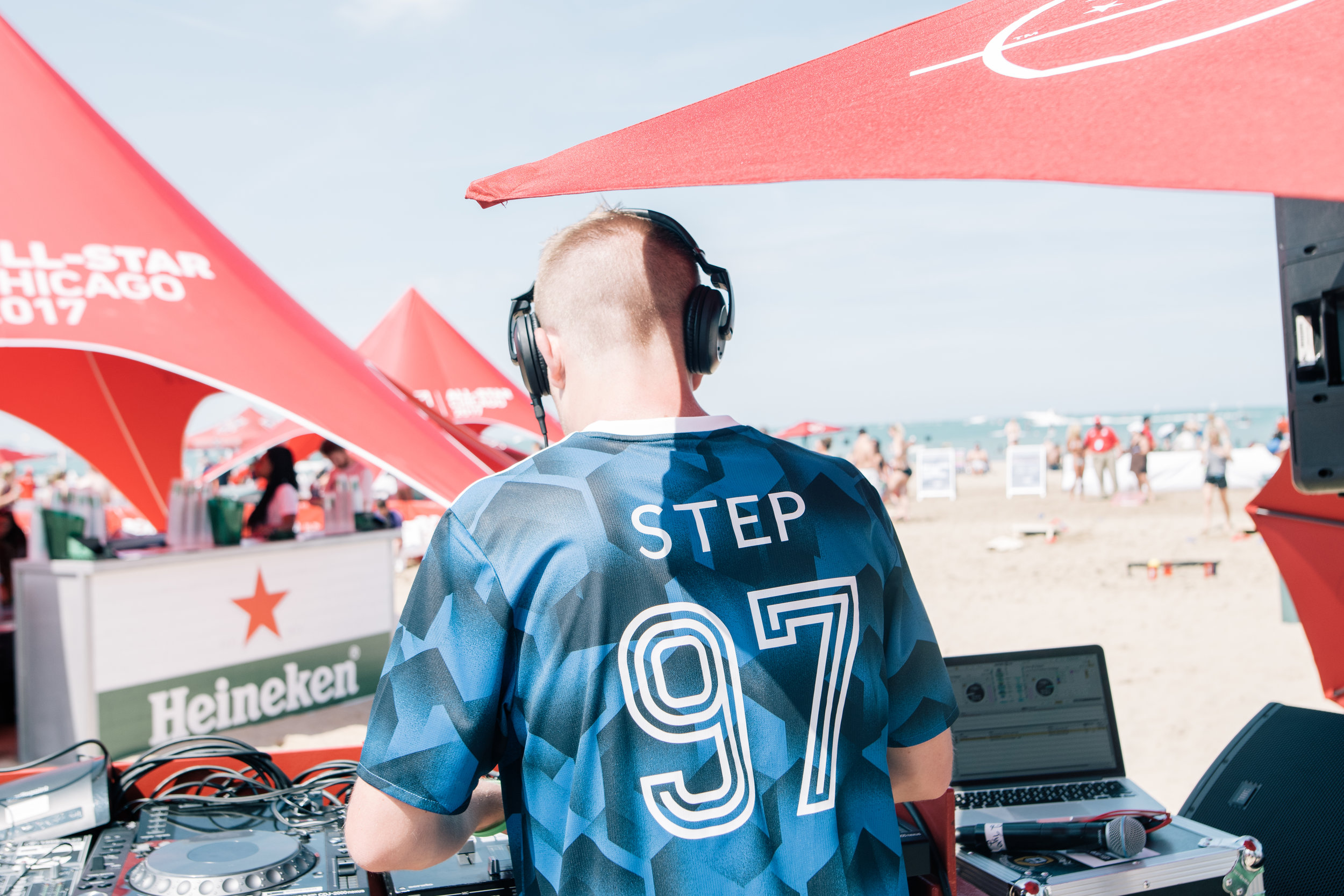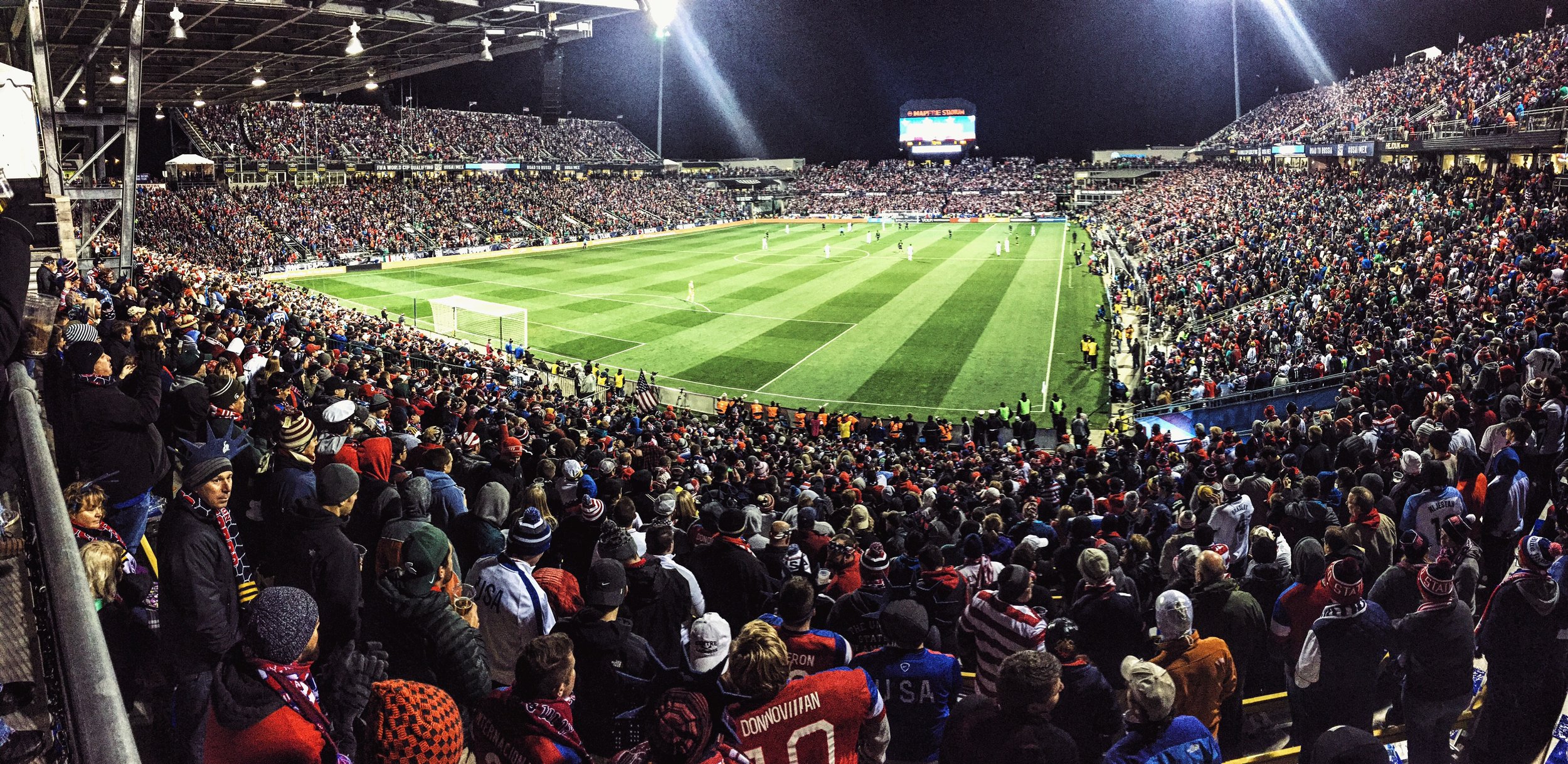My name is Ben Stepnowski, I live in Chicago, Illinois and for about four years now I’ve been studying the art form of vinyl record manipulation and turntablism. In layman’s terms, I am a professional DJ. On a given weekend if you take a trip downtown in Chicago and step into a relatively popular club, chances are good that you’re on my dance floor.
People head to mainstream clubs and popular venues to try and escape their normal sense of reality and forget many of the stresses or anxieties that bother them during a traditional day. The dark room, blazing light shows, loud music, and alcohol prominence is undoubtedly a window of opportunity for escaping any issues or frustrations in hopes for one evening of temporary amnesia.
American Institute of Stress recently released a statistical analysis that highlighted nearly 80% of employees feel stress on the job and almost half would say they could use someone to help get through the anxiety. This pent up negativity energy to me is a catalyst for a particularly rowdy evening with friends at your favorite dance club or venue.
To some degree I feel that the mainstream venues I play seem to go hand in hand with the pop music that makes these places so inviting. However, just like there are multiple ways to plan a road trip and arrive at a destination, you can also curate popular or familiar music in several different ways other than just fielding requests from patrons like… “DJ - Play Bon Jovi now before me and my friends leave to the next venues”
It’s a frustrating issue because most often, my ability as a DJ and performer is hinged on the way I curate and mix tunes, my own take on the popular palette of selections. When venues and promoters put more emphasis on patrons requests as oppose to the DJ's expertise… Everyone loses.
It’s like me walking into a finance office and taking lead on the next pitch your team does to a client. I have no idea what I am talking about in those cases and no one benefits from me voicing compulsory thoughts or concerns. I don’t have a degree in finance and many of my suggestions would be completely off base. The same can be said on the dance floor. The traditional party goers’ lack of knowledge and understanding of dance floor chemistry makes it difficult for them to give worthwhile feedback.
In this day and age, DJing has become a really romanticized occupation, a cross between confetti cannons, flashing laser lights, and worldwide adoration, however the reality is way less glamorous. In fact, your average friend or local weekend warrior probably has never experienced any of those as a “working DJ”. The reality is a cross-fade between late nights, hard work, little sleep, and the occasional special human interaction that makes it all worthwhile.
That being said, one piece of human interaction that is often referred to as a big pitfall of any working DJ is the dreaded “song request”.
If you ask a guy (or gal) that mixes songs together and gets paid to do it, chances are they have a horror story of a patron insisting they play some sort of tune during their night on the job.
“Oh. EM. GEE (oh my God) Ben, your life is so tough, people ask you to play music you didn’t even make… what’s your problem, my job is 10x harder than that.”
That’s normally the response I think of in my head when I share little stories of someone who needed to hear Bon Jovi in the middle of the all disco set I was playing or that Katy Perry was an absolute MUST in my old school hip hop repertoire. The biggest disconnect here is that most working DJ’s are often paid on their ability to warm a room up for a headliner or control a dance floor in a manner that reflects the venue they are playing at. When folks make demands on DJ’s in the forms of requests, they tamper with the ingredients at the DJ’s disposal to craft a proper energy level and rhythm to the dance floor.
I liken this song demand to forcing a baker to put almonds in his cookie mix even though the dessert is meant for someone with a nut allergy, if you demand things that don’t directly jive with what is prescribed for a night or a moment, you risk an uncomfortable or even catastrophic result.
So why do requests continue to survive? I’m not writing this article as a hater believe it or not. There have been moments where I run out of things to play and a request jogs my memory in a different direction, or starts a special bond with a patron that turns out to be a memorable friendship.
After a few years playing parties in Chicago I’ve come up with a flow chart and idea that to me, illuminates some reasoning behind the phenomena.
To me the cycle stems from cyclical range of emotions that the common party-goer goes through when they decide to hit the dancefloor with their friends on a given weekend. The circle starts with STRESS (aka your normal job).









